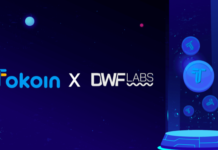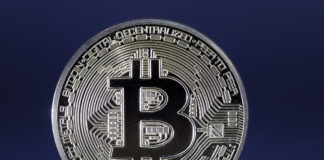Another recapitulation of Ethereum 1.x, Istanbul is the eighth hard fork on the Ethereum network since its emergence with the first code modifications being approved in June this year. The major transition of the network to Proof of Stake (PoS) – Ethereum 2.0 – is expected in 2021. Being non-contentious, Ethereum clients – which independently upgrade and host the Ethereum protocol themselves – have agreed to the new software.
The Istanbul hard fork includes six EIPs (Ethereum Improvement Protocols), specific code alterations to the Ethereum protocol, including EIPs 152, 1108, 1344, 1844, 2028, 2200. According to the report from Ethereum venture studio ConsenSys, the major issues that the six EIPs addressed are the Denial-of-service (DDoS) attack resilience (EIP1344), gas costs (EIPs 1108, 2028, 2200), and interoperability with Equihash-based Proof of Work digital currencies such as Zcash (EIP 152).
The cost of sending transactions on the network of Ethereum is called gas and it is paid in fractions of Ether called gwei. The EIPs of Istanbul lowered the gas costs with the aim of increasing bandwidth on the blockchain. It also meant to boost the adoption of zero-knowledge privacy technologies such as zk-SNARKs.
One issue prior to the activation of the hard fork was with Parity, one of Ethereum’s clients, which sent an urgent message to Parity Ethereum users to carry out a patch on the pre-released Parity update before the Istanbul hard fork took place. In fact, the Ethereum Improvement Protocol 1344, regarding opcodes – was not initially included.
The solution itself was simple. However, Hudson Jameson – Ethereum core developer – said in the ‘AllCoreDevs” Gitter messaging platform that if the users of Parity failed to update in time, a new chain could develop, resulting in double spends. The Ethereum core developer said:
“Parity represents about 23 percent of the network and it is commonly used by major miners and trading platforms. I fear if one or two major digital currency trading platforms stay on the old fork, and one of two major mining pools mine the old chain, it would cause confusion and in a more severe case double spends.”


























